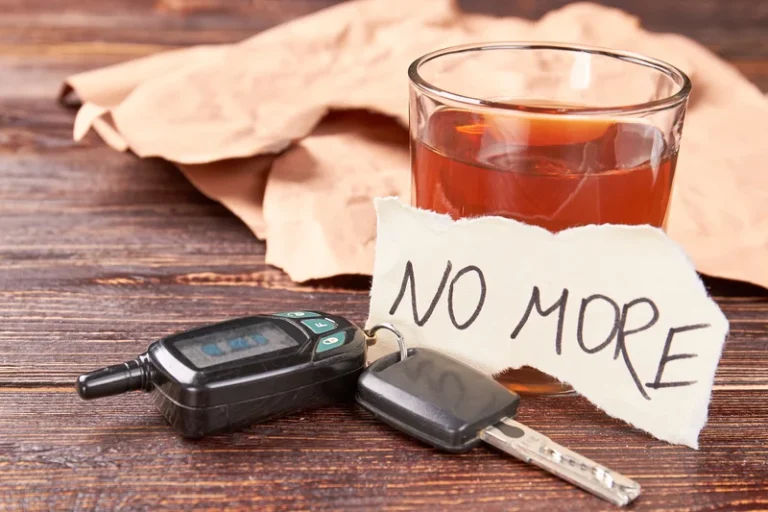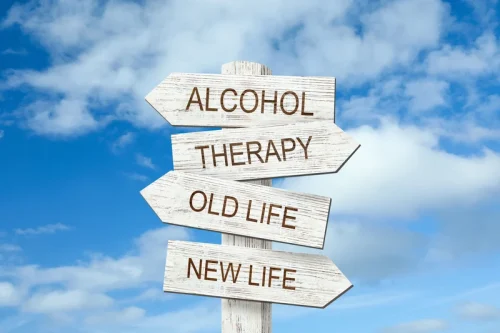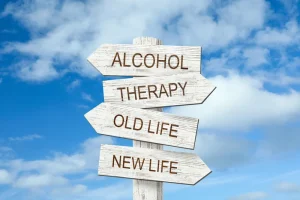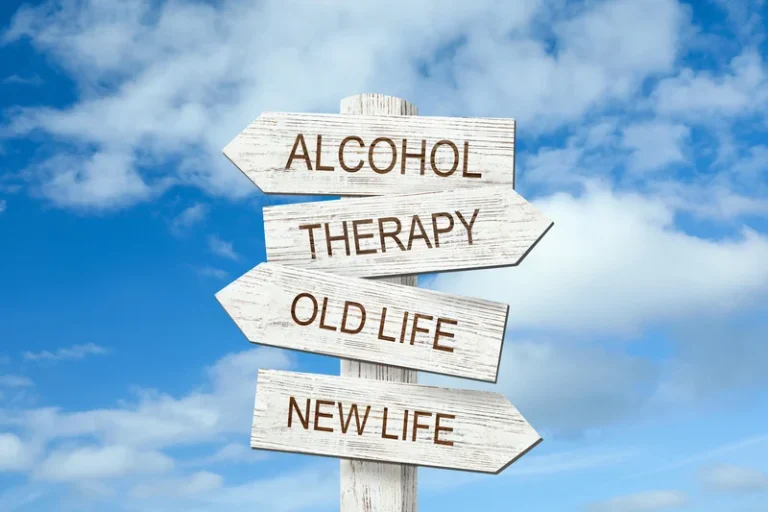Histamines are chemicals that your immune system produces, and they’re found in almost every tissue in your body. Your body makes histamines on its own, but you can also get them from certain foods and drinks that are high in histamines. Some common examples include cheese, wine, meats, fish, and fermented foods like sauerkraut. In fact, a lot of alcoholic beverages, including wine, contain histamines too.
Sulfites
Some people may incorrectly assume they are allergic to alcohol, when in fact they are actually reacting to other components of alcoholic drinks. Alcohol allergy is very rare but allergic reactions can be strong, leading in some cases to anaphylaxis which can be fatal. The symptoms of alcohol allergy can be very similar to alcohol intolerance.
Accompanying the symptoms of alcohol intolerance will be a rapid heartbeat. This may not be noticeable unless you actually feel your pulse; however, some people can feel their heart beating faster. This rapid heartbeat is not typically dangerous unless an underlying health condition exists.
Medical Management of Alcohol Intolerance
Alcohol impacts your intestines’ ability to absorb certain nutrients, leading to shortfalls in zinc, selenium, potassium, iron, and magnesium. Poor or limited sleep causes grogginess and irritability, which can lead to feelings of depression or anxiety. Although alcohol makes you fall asleep faster, it interrupts your natural sleep-wake cycle (or circadian rhythm). Alcohol dramatically impacts the quality alcohol intolerance and quantity of rest you get, further contributing to hangover symptoms. Alcohol intolerance is a condition caused by the body’s inability to break down alcohol.
Substance Abuse Treatment Programs
Alcohol intolerance can cause immediate, unpleasant reactions after you drink alcohol. The most common signs and symptoms of alcohol intolerance are stuffy nose and skin flushing. Alcohol intolerance is caused by a genetic condition in which the body is unable to break down alcohol efficiently. The only way to prevent alcohol intolerance reactions is to avoid alcohol. Sulfites are commonly used as preservatives in wines and beers, and they play a vital role in keeping these beverages fresh and flavorful while preventing spoilage.
Certain types of alcohol —such as red wine — may be more likely to cause hot flashes than others due to chemicals that affect the body’s ability to regulate temperature. A sudden feeling of warmth can indicate the body’s inability to process alcohol. This effect can occur due to alcohol’s vasodilatory effect, making the skin feel unusually warm for a time. If you think you might have alcohol intolerance, getting professional advice is a great next step.
Medications called antihistamines can help treat symptoms of a mild allergic reaction. The medication epinephrine, commonly called an EpiPen, can help treat a severe allergic reaction. If you’re allergic to a specific ingredient in certain alcoholic drinks, switching to a different alcoholic drink may be an option. Very rarely, a person may have a “true” alcohol allergy, meaning they are allergic to the ethanol in alcohol. In people with true alcohol allergy, as little as 1 milliliter (mL) of pure alcohol can trigger an allergic reaction.
These tests can be extremely helpful in identifying sensitivities to common ingredients found in alcoholic beverages. For instance, some people may react poorly to certain grains like barley or wheat, which are used in many beers and spirits. Others might have issues with the sulfites or histamines, as mentioned earlier. A food intolerance test can shed light on what might be causing those discomforting symptoms. It is important to remember that for someone with alcohol intolerance, avoiding alcohol is more than just not drinking alcoholic beverages.
Medical tools and resources
- Symptoms of an alcohol allergy include rashes, itchiness, swelling and severe stomach cramps.
- This can make social situations tough, as you might feel pressured to drink even if it doesn’t sit well with you.
- Consulting with a healthcare provider is essential for an accurate diagnosis.
- Here at San Antonio Recovery Center, we are experts in working with complex, dual-diagnosis conditions.
- Alcohol intolerance is a genetically inherited metabolic condition, similar to a gluten or lactose intolerance.
There are many reasons that alcohol triggers this hangover anxiety, colloquially called “hangxiety.” The primary treatment for alcohol intolerance is avoidance of alcohol, as there is currently no cure. This is especially important for those experiencing severe reactions, as continued consumption can worsen symptoms and increase health risks. Other enzymes, such as alcohol dehydrogenase (ADH1), CYP2E1, and catalase, also contribute to the oxidative metabolism of ethanol. Variations in the genes encoding these enzymes can influence individual alcohol tolerance.
For individuals with alcohol intolerance, avoiding alcohol can be crucial for managing mental health and preventing symptom exacerbation. Research utilizing genetic databases, like those from 23andMe, has highlighted correlations between genetic variants and various health outcomes related to alcohol consumption. These findings indicate that certain genetic predispositions can influence drinking behaviors and broader health implications. Recognizing the difference between alcohol intolerance and alcohol allergy is crucial for proper management. For alcohol intolerance, the primary preventive measure is to avoid alcohol altogether. The symptoms of alcohol intolerance are unpleasant but rarely dangerous and will eventually go away on their own.









